
Nice to meet you and thanks for your interest! We are a B2B company, working primarily with organizations. Subscribe to our newsletter for more updates.
Relying on bottled water for your team of 30 or more? We’ve got a better solution. Fill out the form and our sales team will be in touch!


Sustainable Water Solutions: Our Commitment
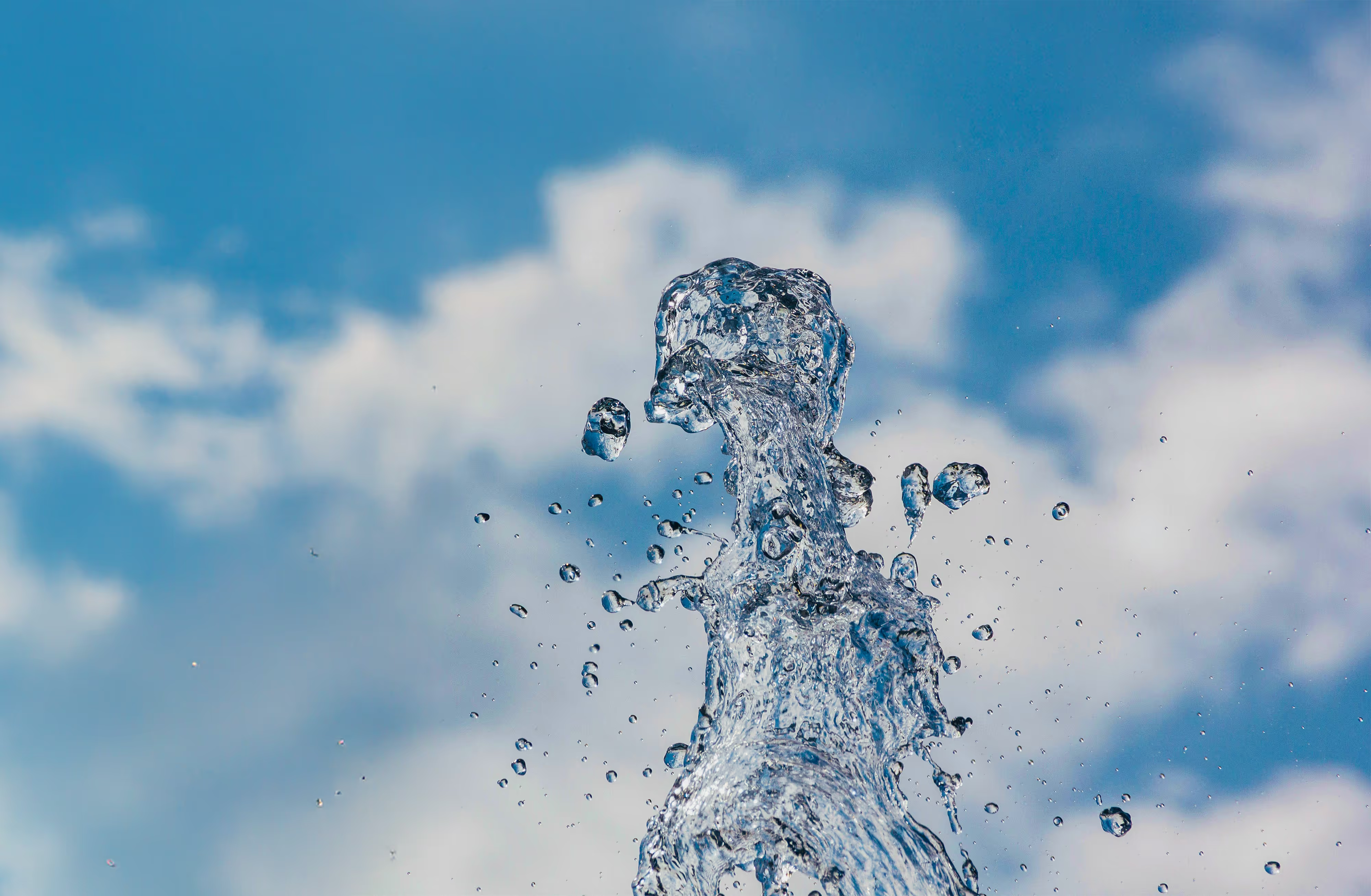
Inspired by Nature
Kumulus Water was born from a moment of observation in the desert. One morning, our co-founders saw dew forming on car windows and asked themselves: “If nature can create water from air, why can’t we?”
That simple question became a mission. Today, more than 500 million schoolchildren worldwide lack access to safe drinking water. At the same time, over 500 billion plastic bottles are consumed every year, with less than 20 percent recycled.12 Both challenges fuel the global water and climate crisis.
Kumulus exists to offer a better way: sustainable atmospheric water generators that create clean drinking water from air, reduce plastic waste, and cut carbon emissions.
We replace single-use plastic bottles in businesses with our air-to-water generators that produce fresh drinking water directly from the air. This process generates up to 10 times fewer carbon emissions compared to bottled water (internal comparison). In contrast, bottled water typically produces 300–500 g of CO₂ per litre, whereas tap water produces less than 1 g CO₂ per litre.3
Less plastic. Less carbon. More water access.
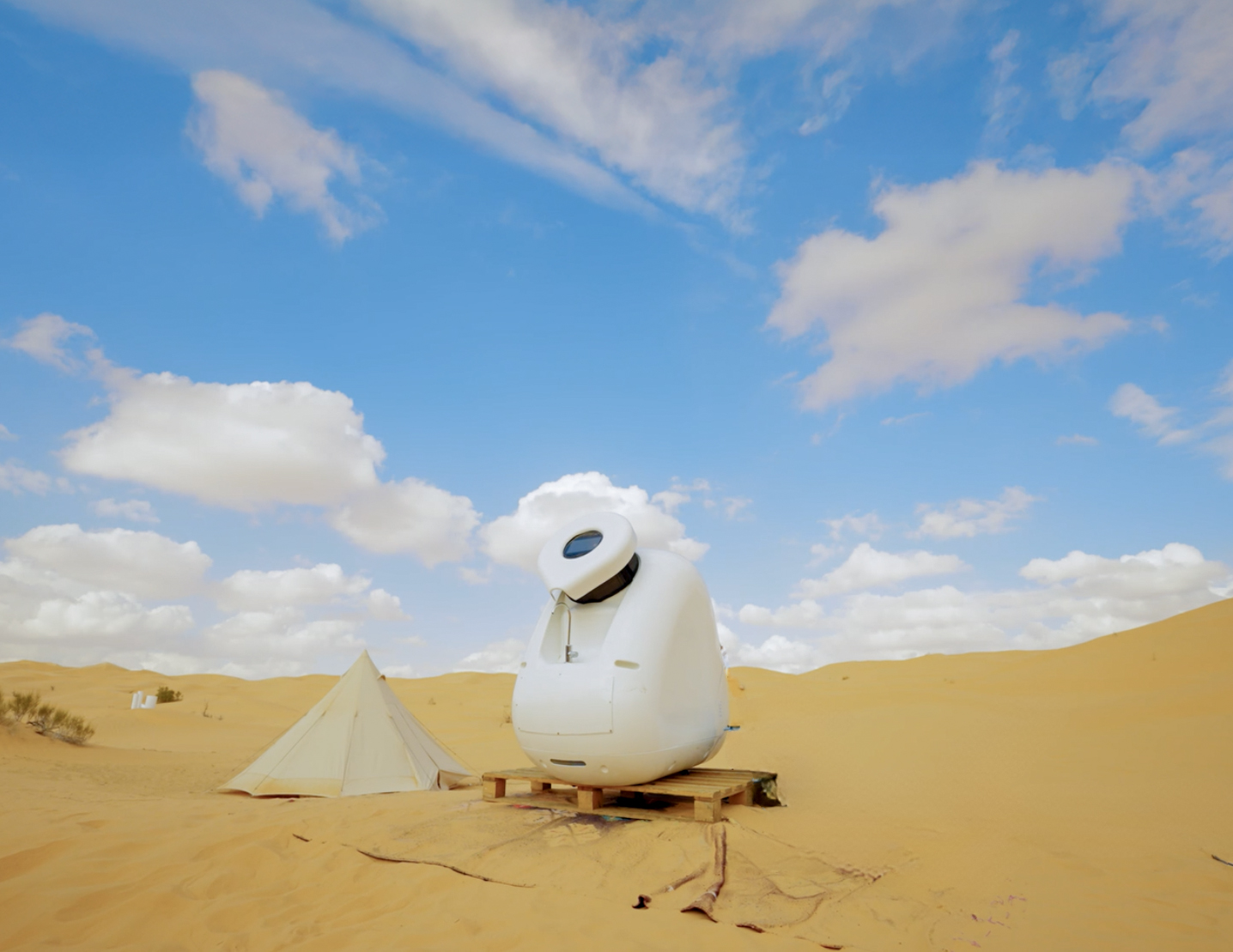
The Problem
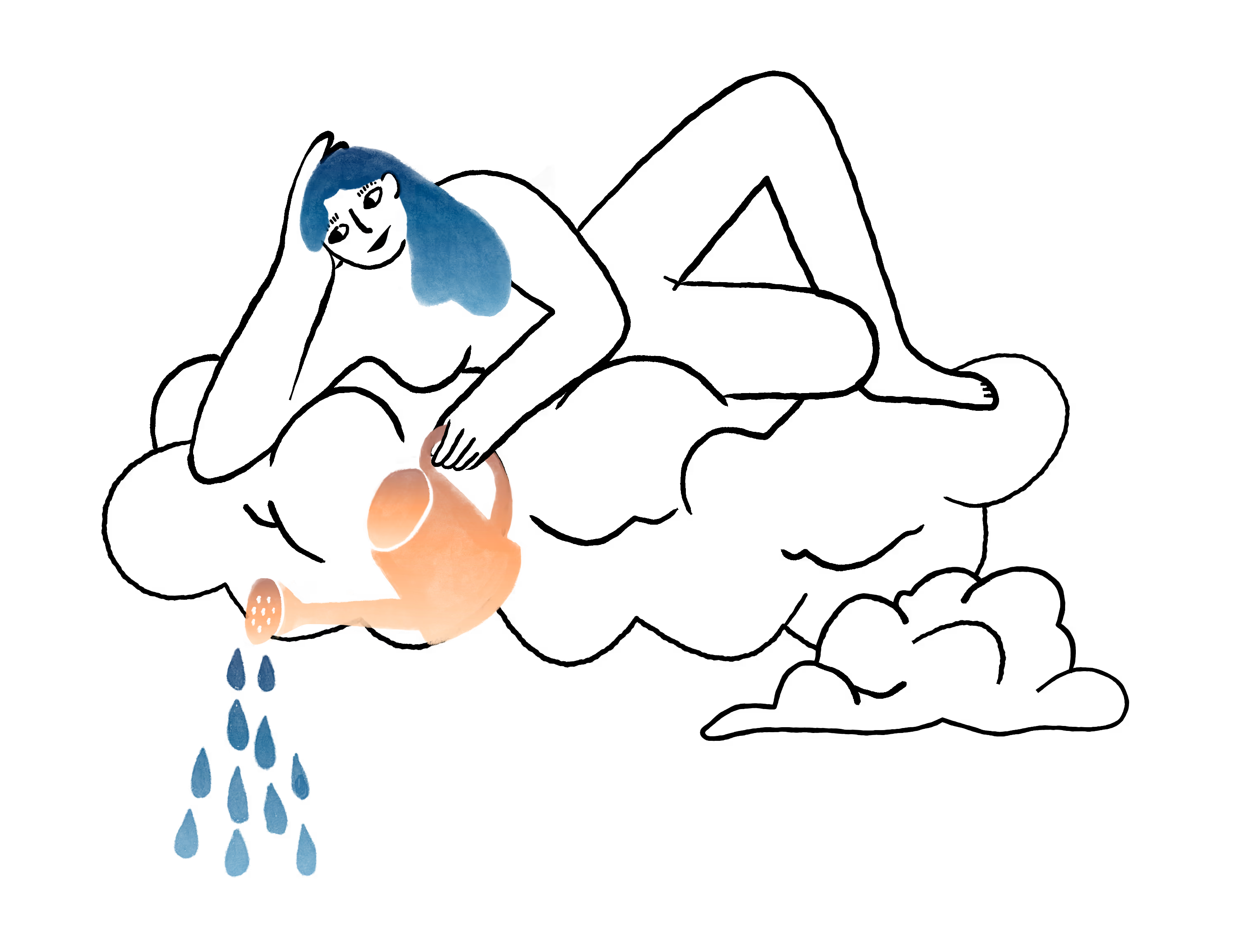
Water Access
Globally, 29 percent of schools—equal to 546 million schoolchildren—do not have basic drinking water services.4
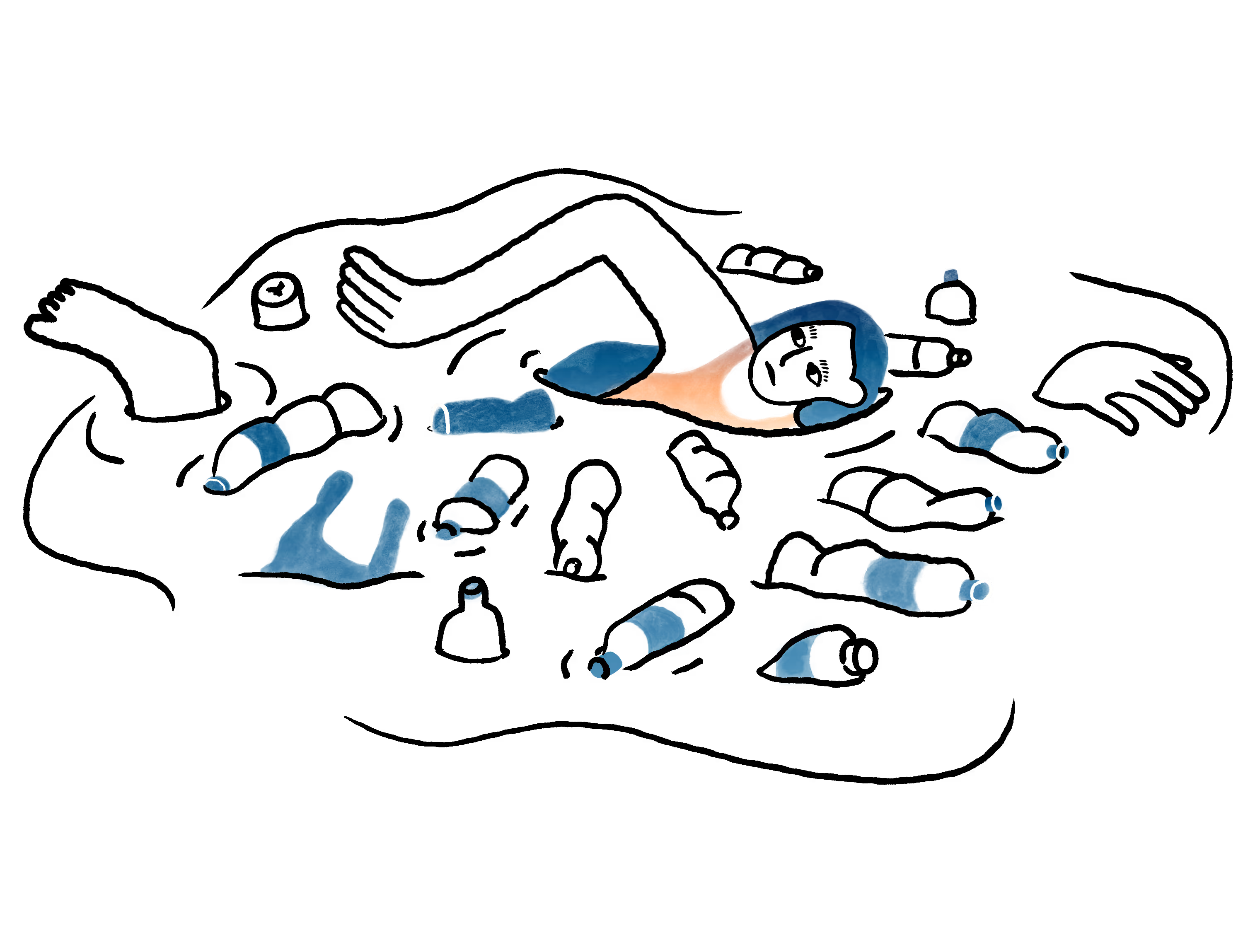
Plastic Pollution
Approximately 500 billion plastic water bottles are sold each year globally, with less than 20 percent recycled.5
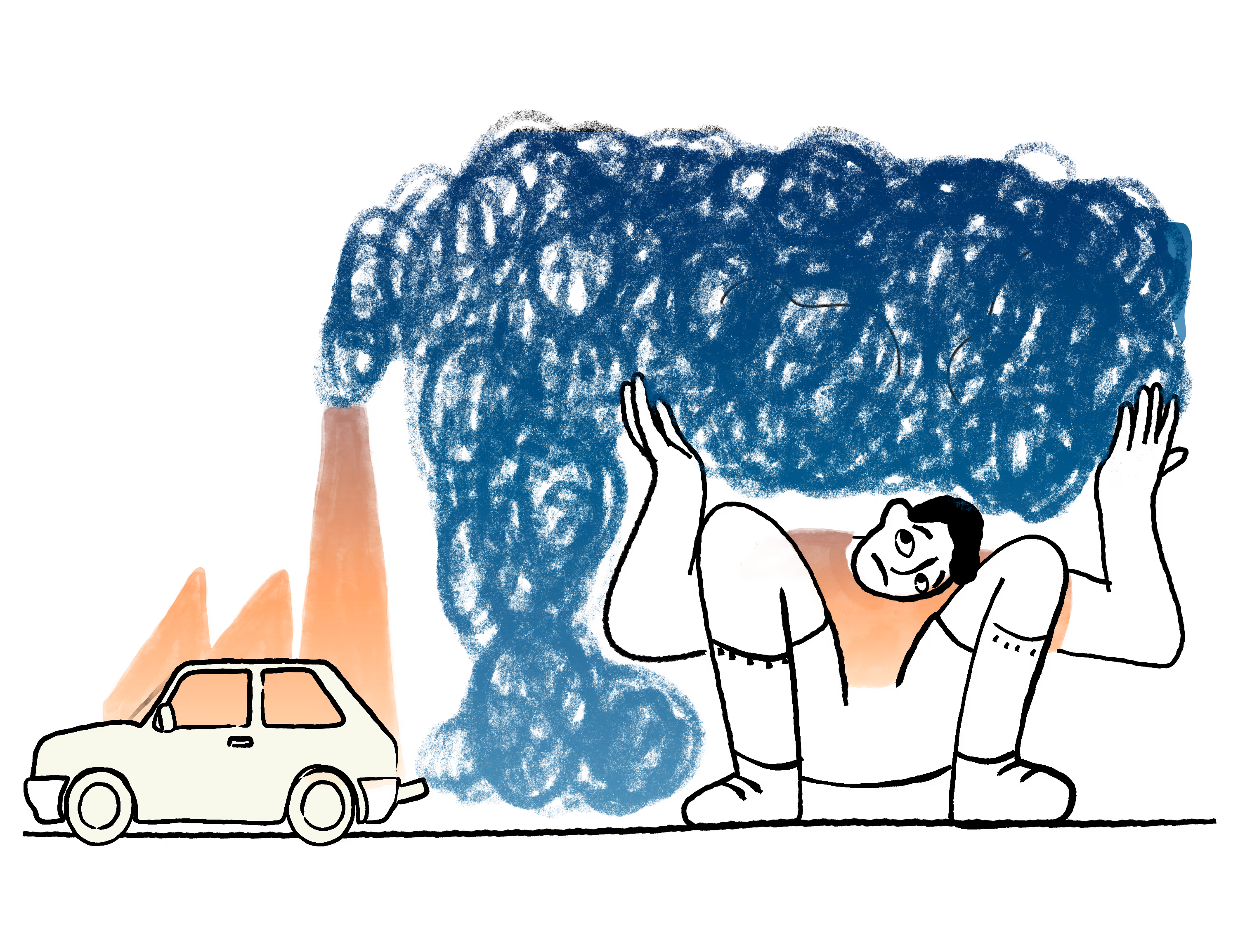
Carbon Emissions
A single bottle of water typically emits 300–500 g CO₂ per litre, and overall lifecycle analysis suggests bottled water can have up to 300 times the carbon footprint of tap water.6
Working for Sustainability in Business and Beyond
Clean Water Access for All
Kumulus is committed to providing clean drinking water to schools that lack it. Around the world, children attend class dehydrated or exposed to unsafe water, which affects learning and health.
How Kumulus Expands Water Access:
With our sustainable water-from-air technology, we produce high-quality drinking water in any location. Through our Corporate Social Responsibility (CSR) program, businesses donate Kumulus machines to schools in need. This simple act gives children daily access to clean water and reduces dependence on plastic bottles.
More than 1,500 students in Tunisia already drink Kumulus Water every day, and many take bottles home to share with their families. Our CSR model also includes education: students learn about water access, climate change, and innovative technologies, while employees discover the impact of plastic waste and the importance of sustainable solutions.
Today, we are expanding beyond Tunisia to Mayotte, where hurricane Shido damaged water infrastructure, and to Saudi Arabia, where many schools still rely heavily on bottled water.
Our vision is clear: every schoolchild, everywhere, should have access to clean drinking water.
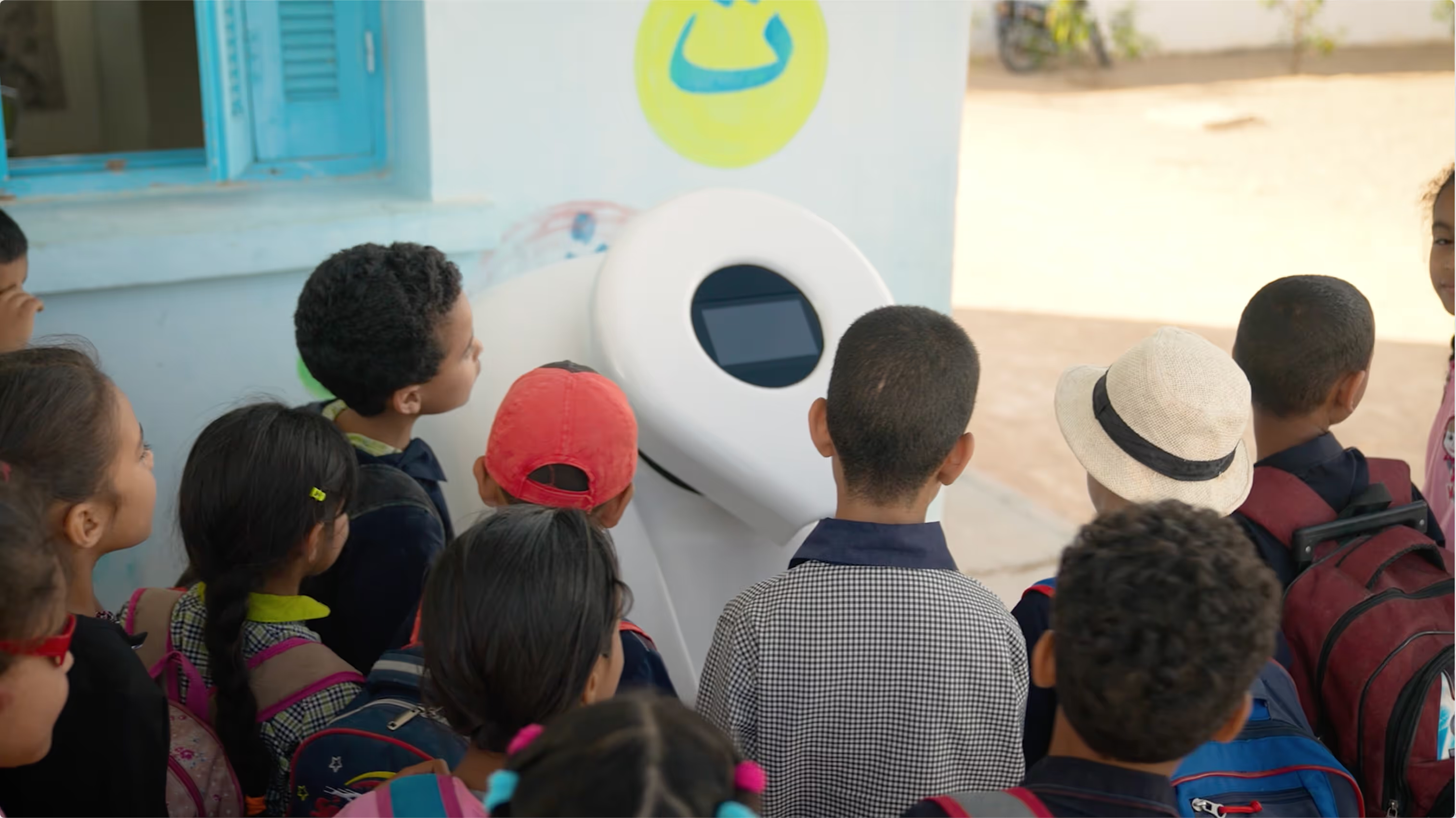
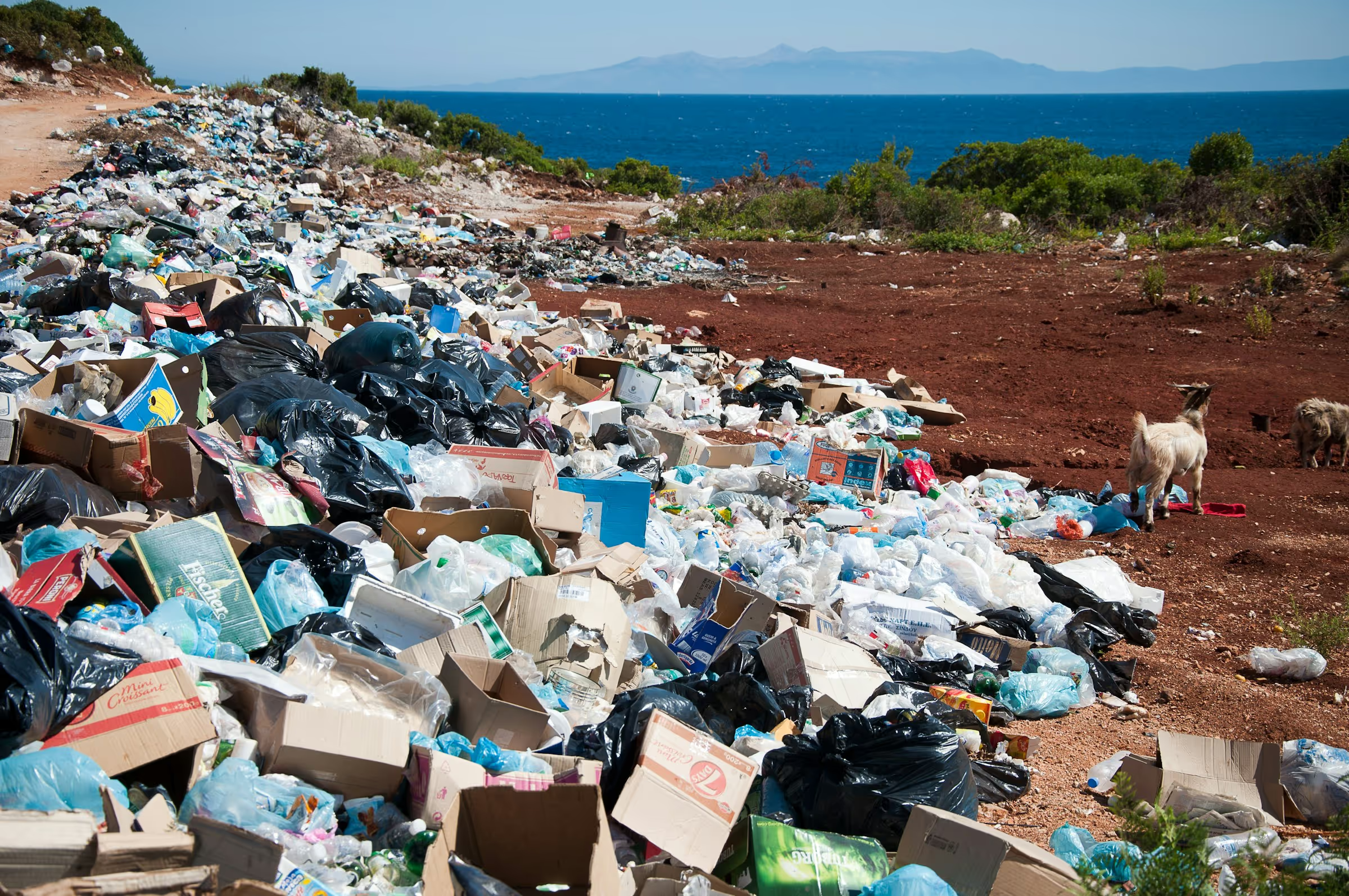
Less Plastic, Less Carbon
Kumulus’ sustainable air to water generators replace plastic bottles across businesses. From off-grid construction sites to airports and offices, our machines provide clean drinking water directly from the air. Employees simply refill reusable bottles from a Kumulus system and stay hydrated throughout the day.
The carbon footprint of bottled water is significant. A single litre of bottled water generates between 300 and 500 grams of CO₂ once you account for production, packaging, transport, and waste processing.7 Worse still, only 9 percent of plastic is recycled globally.8
For a company with 100 employees, bottled water use can create between 150 and 300 kilograms of plastic waste per year. This equates to 450 kilograms to 1.5 tonnes of CO₂ emissions, depending on consumption levels.
By choosing Kumulus, businesses cut down on plastic use, reduce their carbon emissions, and provide employees with a healthier, more sustainable alternative.
We also believe sustainability in business should be cost-effective. That is why our solutions typically achieve return on investment within two years, depending on electricity costs, without even factoring in the hidden logistics costs of bottled water transport and storage.
Leading Technology for the Future
Climate change is no longer a distant threat. Over the past 30 years, global sea levels have risen by around 9 centimetres.9 Yet rising oceans do not mean more drinking water. On the contrary, our water systems are increasingly unstable. More regions are experiencing severe droughts, while others face intensifying floods, disrupting communities and economies worldwide.
These challenges are projected to worsen, which means new sustainable water technologies are urgently needed.
Kumulus solutions are designed for this future. Whether facing contaminated water sources, weakened infrastructure, or prolonged drought, our air-to-water technology creates a reliable supply of clean drinking water.
By producing water directly from the air, Kumulus supports a more climate-resilient planet, ensuring safe hydration where traditional systems fail.
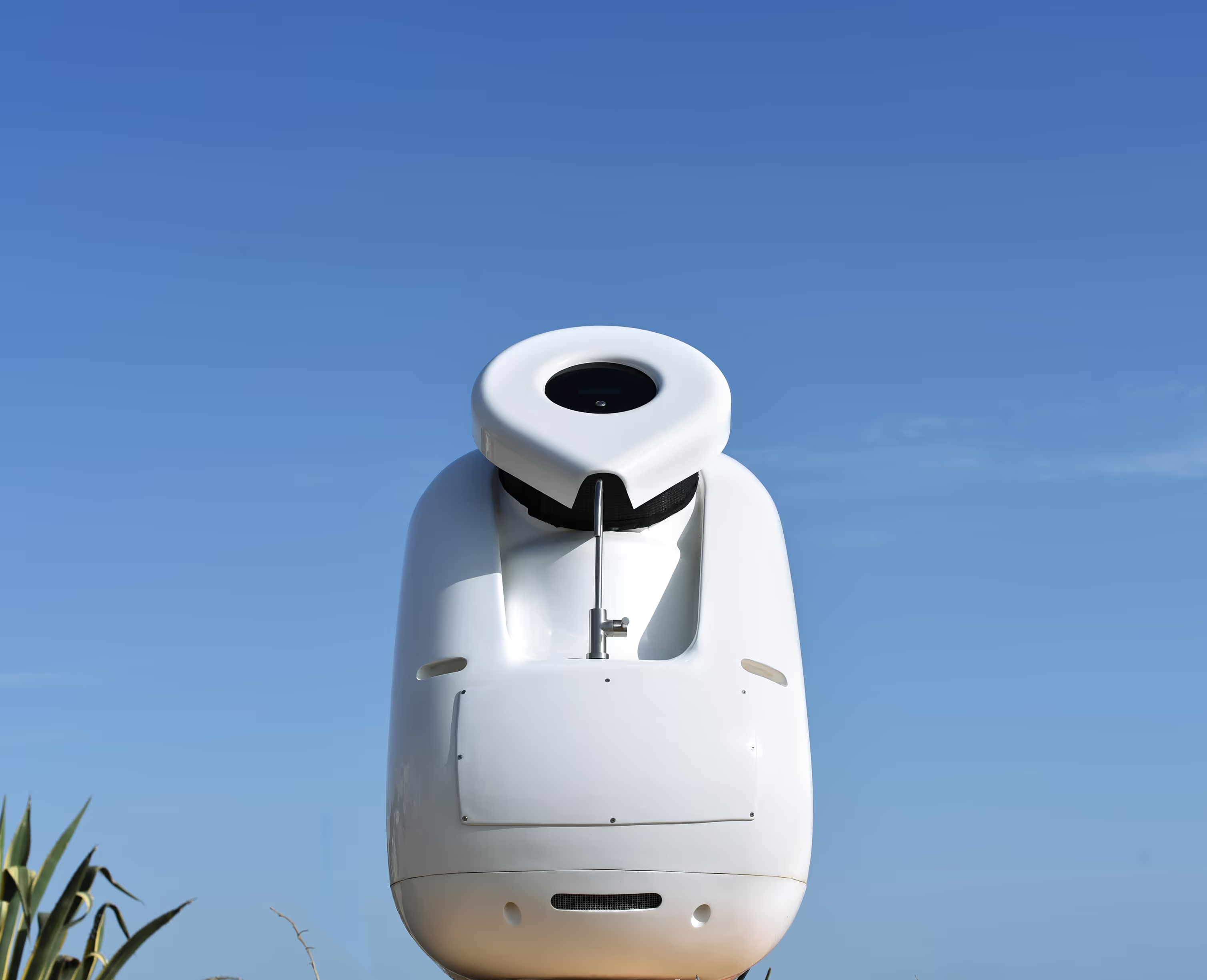
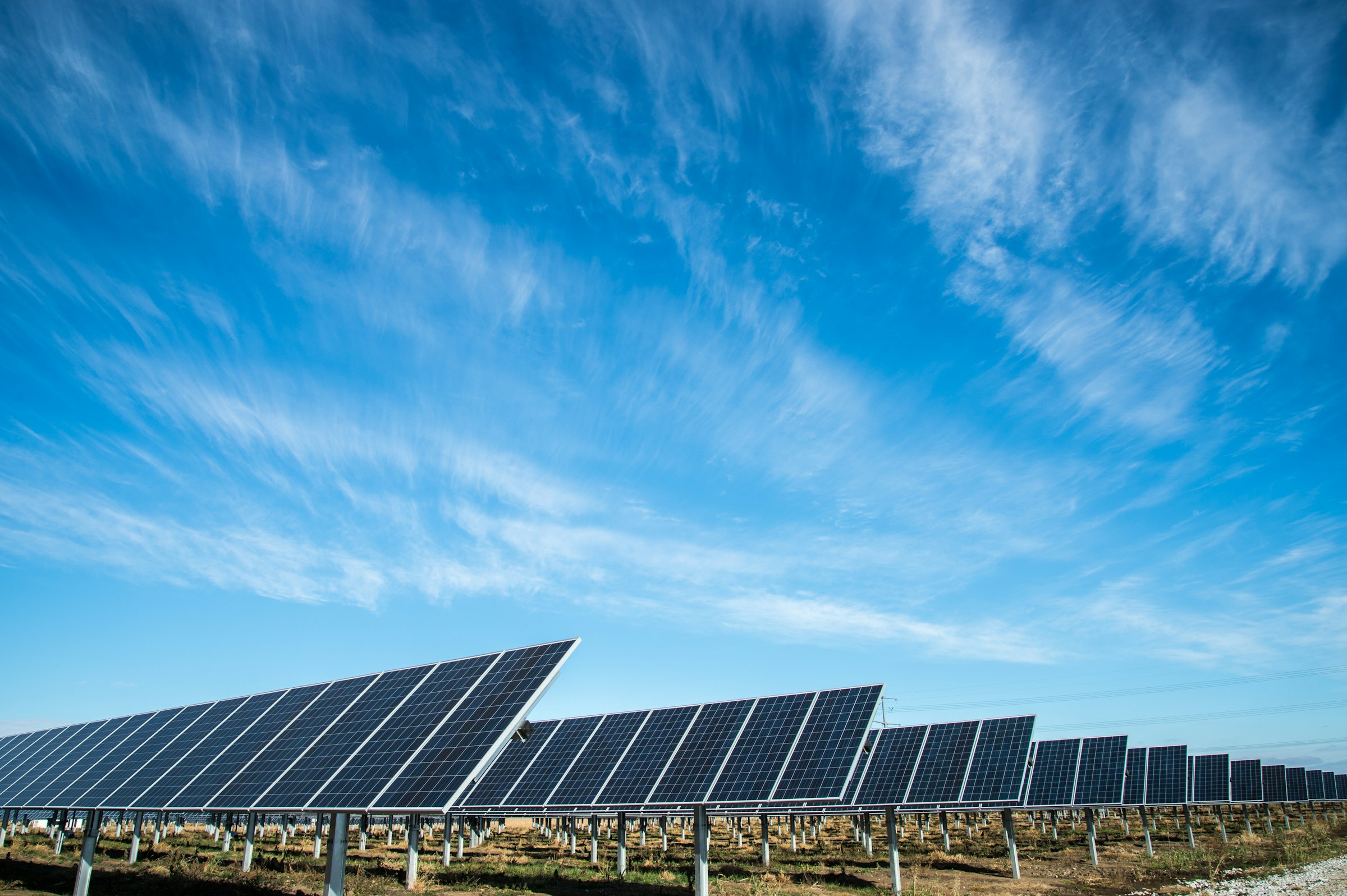
Continuous Improvement
At Kumulus, we are constantly striving to improve our sustainable water solutions. Since our founding, we have made our machines up to 30% more energy-efficient and have earned the Solar Impulse Energy Efficiency Label. Our ongoing research and development focus on further enhancing efficiency and reducing our carbon footprint.
Our systems are designed with sustainability in mind. In our first-generation solutions, only one material was non-recyclable, and we are actively researching ways to recycle it. Our second-generation solutions are fully recyclable, ensuring each new product is an improvement on the last.
Looking ahead, we are developing a next-generation system capable of producing 1,000 to 2,000 litres of clean drinking water per day, enough to serve up to 1,000 people at a single site.
Kumulus continues to lead in climate-resilient, eco-conceived water technology, providing reliable, sustainable hydration for communities and businesses alike.
- UNICEF, 2022. Progress on drinking water, sanitation and hygiene in schools: 2000–2021 data update. WHO/UNICEF Joint Monitoring Programme (JMP).
- ZipDo, 2023. Plastic Bottle Recycling Statistics.
- ZeroWater Europe, n.d. The carbon footprint of bottled water.
- Shrink That Footprint, 2013. Carbon Footprint of Drinking Water: Bottled, Tap, Filtered.